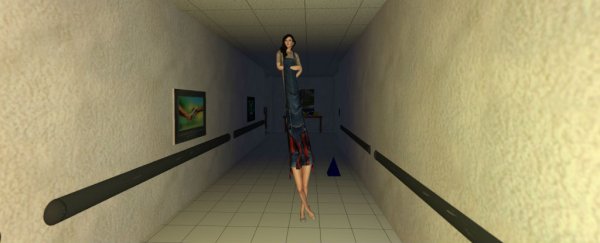Researchers in the UK have been investigating how hallucinations affect our minds, and what they've found will make for interesting reading if you're wondering if you can always trust your eyes and ears (in short: probably not).
Perhaps the most significant conclusion from the report relates to how prior knowledge can influence our thoughts more than what our senses are telling us in real-time. These factors can quite literally cause us to lose touch with reality, and it seems that those who suffer most from hallucinations have a tendency to fall back on this prior knowledge and the predictions that come from it.
To a certain extent, this behaviour is fine and healthy - it lets you identify a moving black shape as the family cat before you've properly seen it, for example, or figure out where a ball is going to fall as it rolls across a table. But sometimes our brains don't make these predictions accurately, so that moving black shape or rolling ball suddenly appear to be a whole more sinister and threatening.
"Having a predictive brain is very useful - it makes us efficient and adept at creating a coherent picture of an ambiguous and complex world," explains senior author Paul Fletcher from the University of Cambridge. "But it also means that we are not very far away from perceiving things that aren't actually there, which is the definition of a hallucination."
For the purposes of the study, the research team assembled 16 healthy volunteers and 18 people suffering from the early signs of psychosis. They were shown a series of ambiguous black and white images and asked to decide whether each one contained a person; they were then asked to go through the task again, this time after being shown a series of complete, colour images, some of which matched up with the black and white ones. One pair of sample images is shown below.
As Motherboard reports, those who were already showing early signs of psychosis did better at spotting images with people in them the second time around - in other words, their brains proved more adept at using the information from the complete pictures to fill in the blanks in the incomplete ones.
One of the researchers, Naresh Subramaniam, says the study shows that people who hallucinate more often have minds that are working overtime to make sense of the world: "These symptoms and experiences do not reflect a 'broken' brain but rather one that is striving - in a very natural way - to make sense of incoming data that are ambiguous."
The results have been published in The Proceedings of the National Academy of Sciences.
